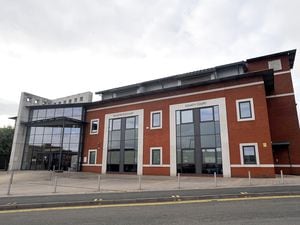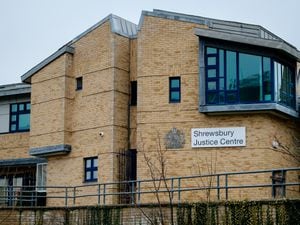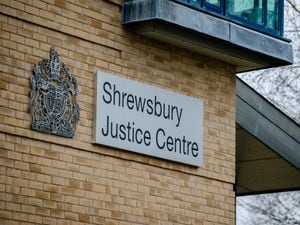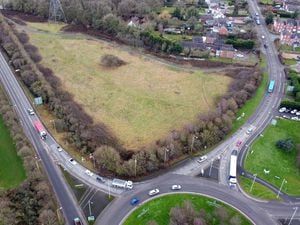Police chief says officers won't 'take the knee' to maintain 'neutral position'
A police chief has ruled out his officers 'taking the knee' saying they would remain objective, as with any other protest.
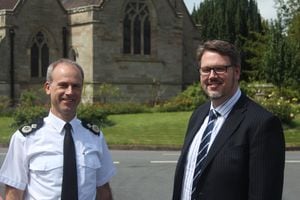
West Mercia Police's Chief Constable Anthony Bangham acknowledged that other forces have given their officers discretion, but said his would “stand up, proud” at police Black Lives Matter demonstrations “the same way we would any other protests”.
He was speaking in a question-and-answer session hosted online by West Mercia Police and Crime Commissioner John Campion, who said: “I’ve seen first-hand your officers policing some quite difficult far-right protests, and the power of the impartiality of the police is a very good sign that our communities should see.”
Chf Con Bangham added that events like the English Defence League demonstrations in Wellington in 2018 and 2019 had shown the importance of engaging with minority communities to give them confidence in the police.
Deputy PCC Tracey Onslow asked: “A lot of our residents will have seen demonstrations and marches around BLM. What kind of dialogue would the police have with local communities around those sorts of events?"
Chf Con Bangham said: “Yes, we have an extensive dialogue. Although the focus, at the moment, rightly, is on the recent activity, if you go back further, a lot of our towns and cities – Worcester, Telford, for example – have experienced marches and demonstrations; difficult, challenging situations around the EDL marches and various other things.
“It’s that dialogue, that relationship, that I think has given our communities, who often feel very vulnerable, the confidence that we are supporting them and able to take account of their needs.
“So this isn’t a new thing. We’ve been doing it for many years. But the focus on BLM shows how important that relationship is.”
Assistant Chief Constable Rachel Jones added that the BLM movement has been a catalyst for more relationship-building, including recruitment to the force’s independent advisory groups.
Neutral
“Taking the knee” first became a mark of protest against racism and police brutality in 2016, when National Football League player Colin Kaepernick knelt during the American national anthem. Other athletes followed with similar gestures.
In May 2020, George Floyd, a black Minneapolis resident, died after a police officer knelt on his neck for nearly nine minutes while arresting him on suspicion of using a fake $20 note. His death sparked protests across the USA and in other countries. In response to these, some local police have knelt in solidarity.
West Mercia Police have not done so, and Mr Campion asked why not.
Chf Con Bangham said his front-line officers had to police large gatherings with opposing sides and sometimes faced hostility.
He said: “We looked at the fact that different forces had taken different positions and also had to look at the early stages of how some of those protests – accepting that it’s a minority – turned violent, and there’s no way I’m going to put police officers in a position where they make themselves more vulnerable.
“My position is quite clear. We would be standing up, proud, as police officers. We would be completely objective and the position of those officers would be the same way we would in any other protests. We will not be taking the knee.
“It’s completely impartial and maintaining our neutral position.”

